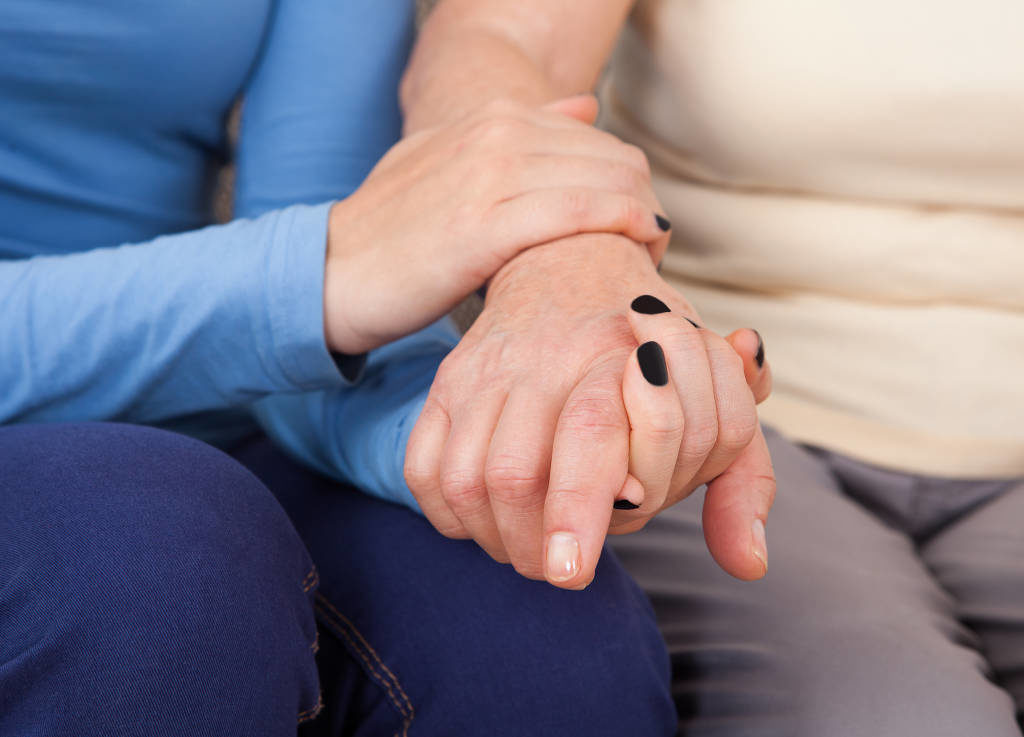It is life changing to be diagnosed with epilepsy, but it is also life-changing for their families. There are a host of things that may run through their mind immediately, realities that take time to set in as they meet with doctors, try out treatment options, and deal with seizures. I talked to my family and others close to me and these are some things they wish they had known when I was diagnosed in 2001.
What it can mean for the future
I was diagnosed after my second seizure, which happened one year after my first. In that first year, my parents say they wish there had been some discussion of what a diagnosis could mean for our lives. For instance, what the potential changes would be, what the treatment options are, etc. It was a big change and my parents wish there had been slightly more preparation.
Seeing a specialist makes a difference
The thing I remember most clearly about the first doctor for my epilepsy treatment is that I was afraid of seeing her. Every time I had a seizure she would raise my medication levels, making my side effects worse. My parents have reminded me time and time again is that she was not a specialist. This was a big reason why my treatment changed so drastically when I found the doctor I am currently seeing. One wish my mom has is that we should’ve gone to a specialist right away.
The cause of my seizures
Another wish is that we should have been better at identifying what triggered my seizures. My mom said she wishes she had known from the beginning the role that stress played in my seizures.
How to handle a seizure
This is a thought shared by a few people, including my ex-husband. He was not present for my diagnosis, but I asked him if there was anything he wishes he had known when he found out I had epilepsy. He said he did not know what to do during and after I had a seizure in terms of first aid, which points to poor communication on my part.
My parents had a different take. They wish every seizure hadn’t been treated like an emergency. “I just wish I had more perspective.” Today, many years later, seizures that aren’t life threatening are simply noted on a calendar and discussed with my neurologist at my regular check-ups.
How to handle side effects of medication
This was something my ex-husband mentioned, who frequently came home from work to find me exhausted, no matter the level of activity I had engaged during the day. Having a seizure is also never very helpful for my mood. I get bad headaches and I am typically pretty sore. In short, I’m simply not very fun to be around. Looking back, he handled it all like a pro. But he says he wishes he had known from the beginning how to help in these situations. I can imagine feeling pretty powerless.
Get support from others with epilepsy
My mom emphasized this point quite a bit. As much help as having a specialist was, and even with all of the research in the world, mom said she doesn’t think anything really beats talking to someone who is in your shoes. In other words, find someone who has epilepsy and seek out their knowledge and guidance. I wholeheartedly agree. I made a friend this year who has epilepsy, and it makes a huge difference having someone who is in your shoes.





